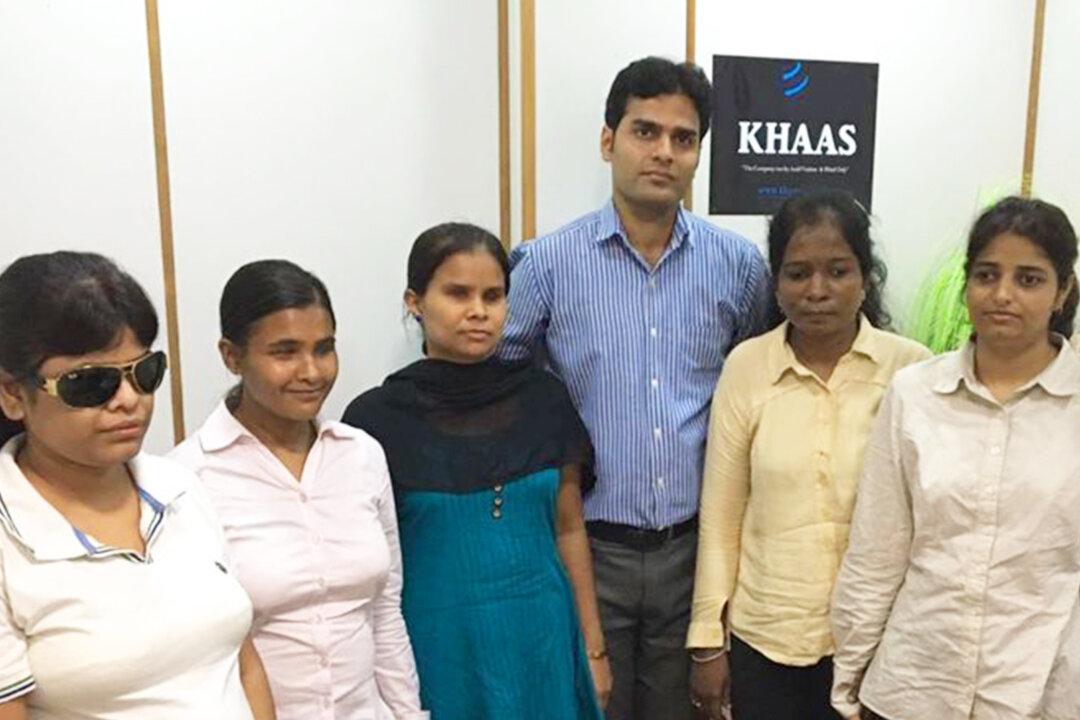Entrepreneur Bhardwaj’s company is unique. It only hires people who are visually impaired, and similarly “disabled” persons. “They can’t see but they will help tourists see the world,” Akash Bhardwaj told The Economic Times.
It started when Bhardwaj encountered a 31-year-old woman, a former security guard, who was the victim of an acid attack. She had lost her job and had been left by her husband because of her appearance. “Who will employ a woman sacked because of a disfigured face?” she asked him.





